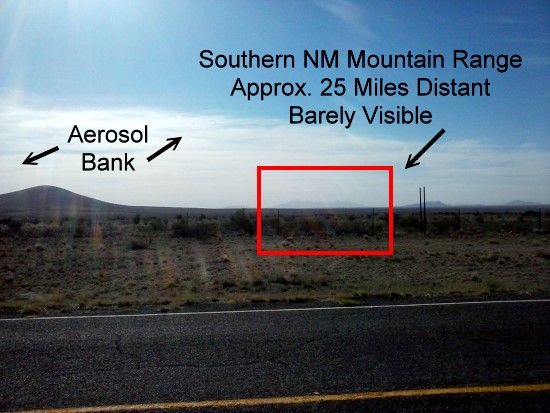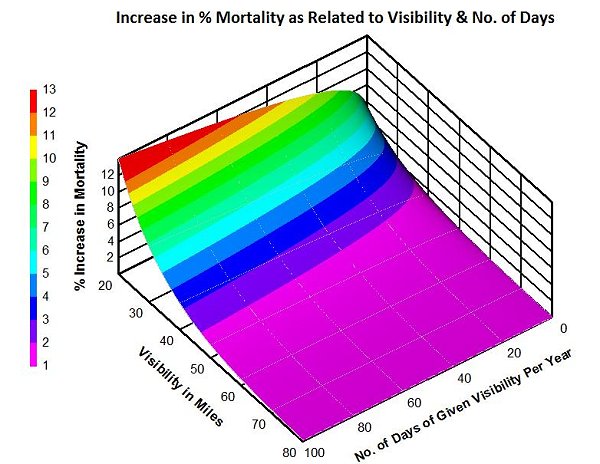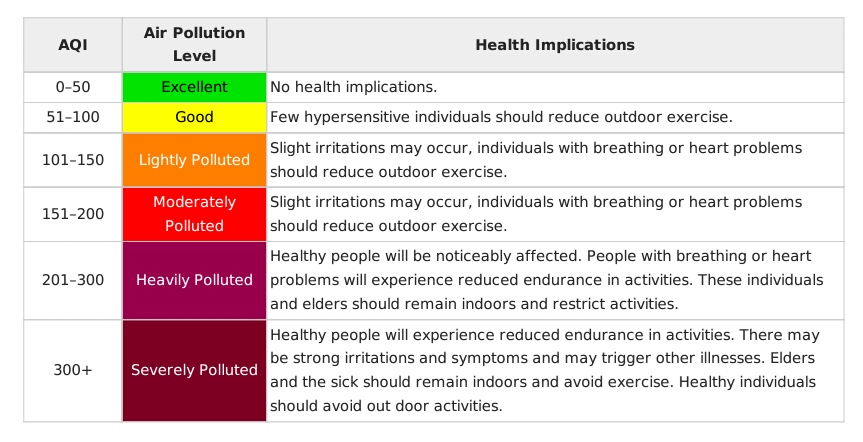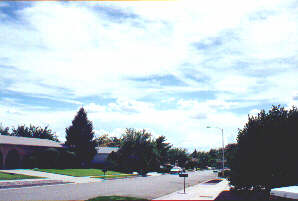
Driven by repeated observations of aerial spraying in the United States in the years from 1996-2000, a statistically significant study of airborne microscopic particle count data from the State of New Mexico was conducted, with approximately 175,000 observations of hourly monitored data from five stations in the state analyzed. This statistical test has been designed to question the difference between the data of 1999 (Data set 1) vs. the combined data of the three previous years from 1996-1998 (Data set 2).
The results show that there is a significant statistical difference between the magnitudes, averages, and variances of the two data sets. The conclusion to be reached from this study is that the microscopic air particle count in the state of New Mexico in 1999 is significantly different from that of the preceding three years, and that this difference is directly correlated with the observations of aerial spraying that have taken place during this same time period. The results of this study form a further basis for criminal investigation of the documented spray activity and for congressional hearings on this subject.








